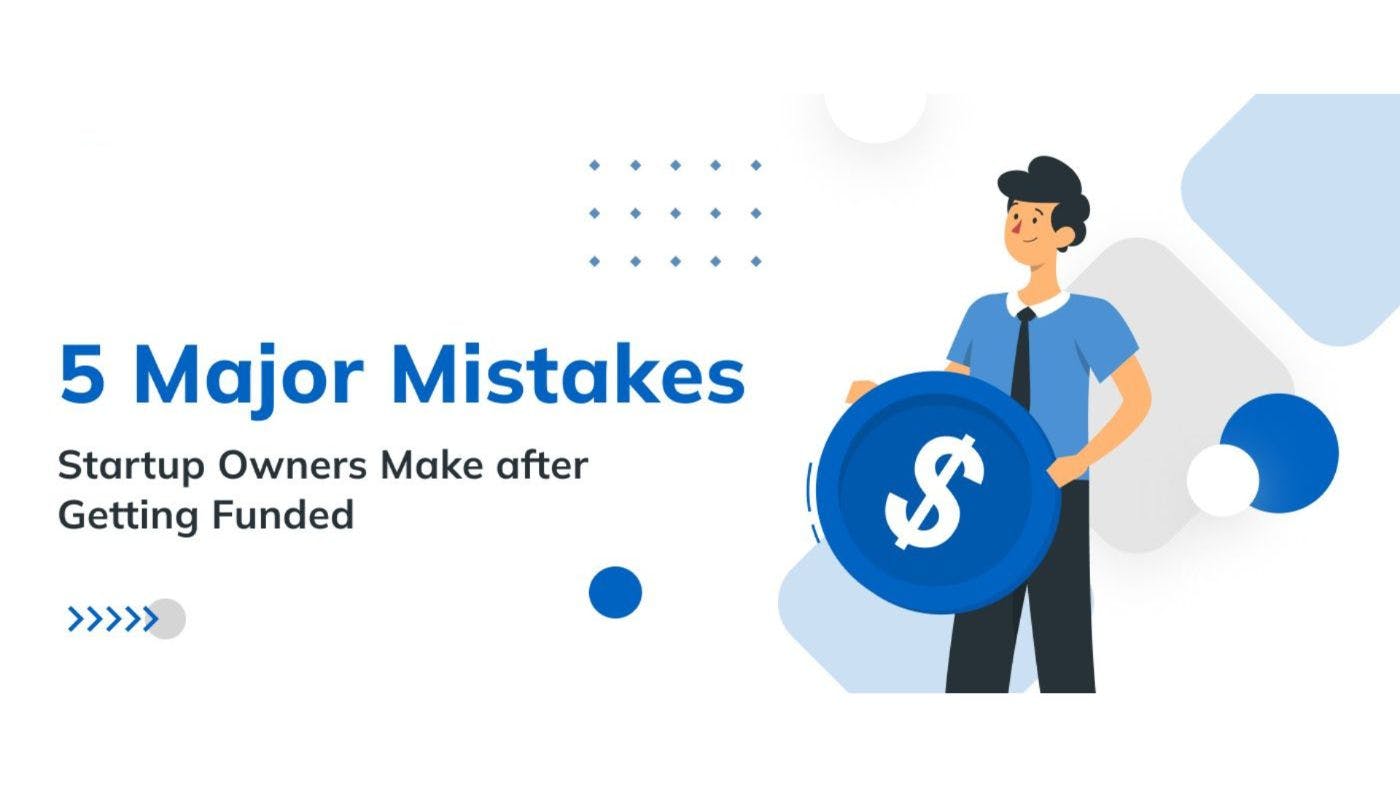261 reads
5 Major Mistakes Startup Owners Make After Getting Funded
by
July 23rd, 2022
Audio Presented by

We are a full-cycle app and software development company that serves specific client business needs.
About Author
We are a full-cycle app and software development company that serves specific client business needs.
